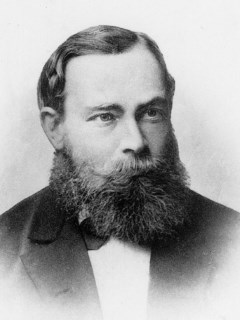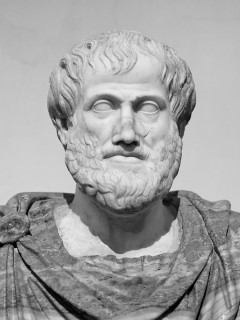

The decidability of syllogism
pp. 171-174
in: Rosaria Egidi (ed), In search of a new humanism, Berlin, Springer, 1999Abstract
Aristotle is often blamed for developing the theory of syllogism instead of writing a Greek version of Frege's Begriffsschrift. With hindsight, however, one must admit that he had a good reason for doing so: syllogism, and more generally monadic logic, is decidable whereas polyadic and even dyadic logic is undecidable. As van Heijenoort [10] points out, in that respect Aristotle's theory of syllogism was a lucky strike because Aristotle hit into a part of logic where quantifiers are inessential: monadic logic can be translated into a quantifier-free calculus. In another respect, however, Aristotle's restriction to the theory of syllogism was unjustified: monadic logic is decidable only in principle, not in practice. All known decision procedures for it are too complex to be feasible.



